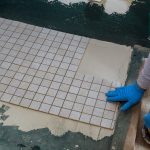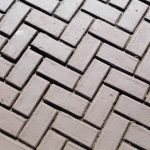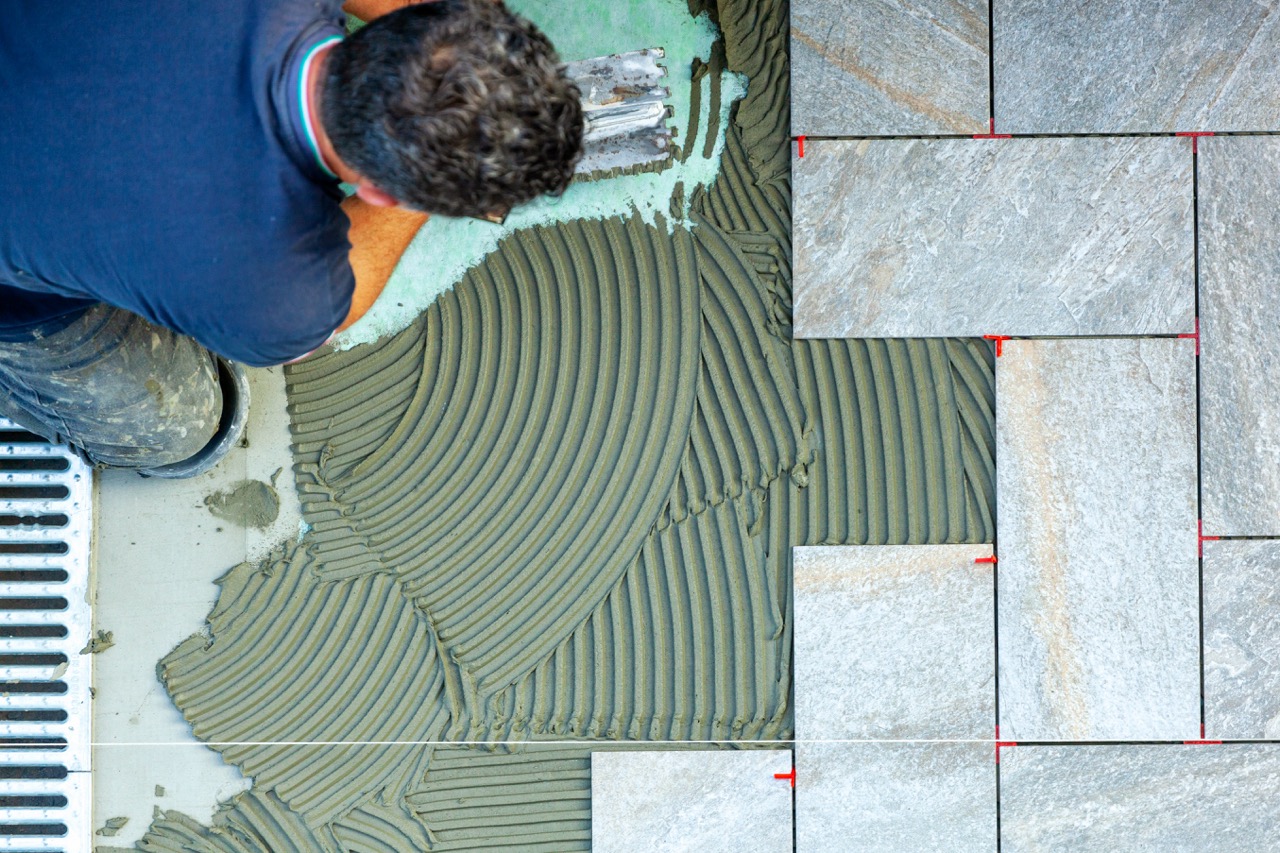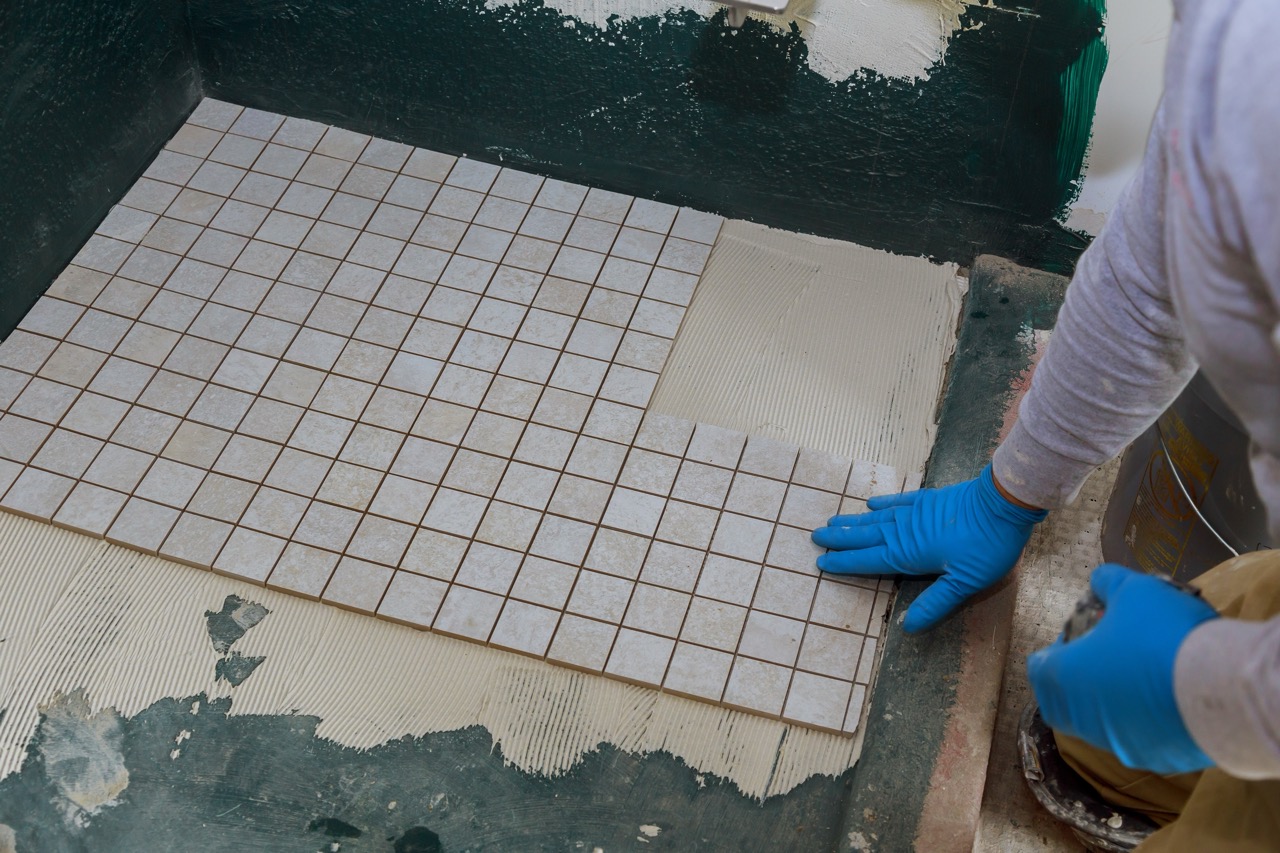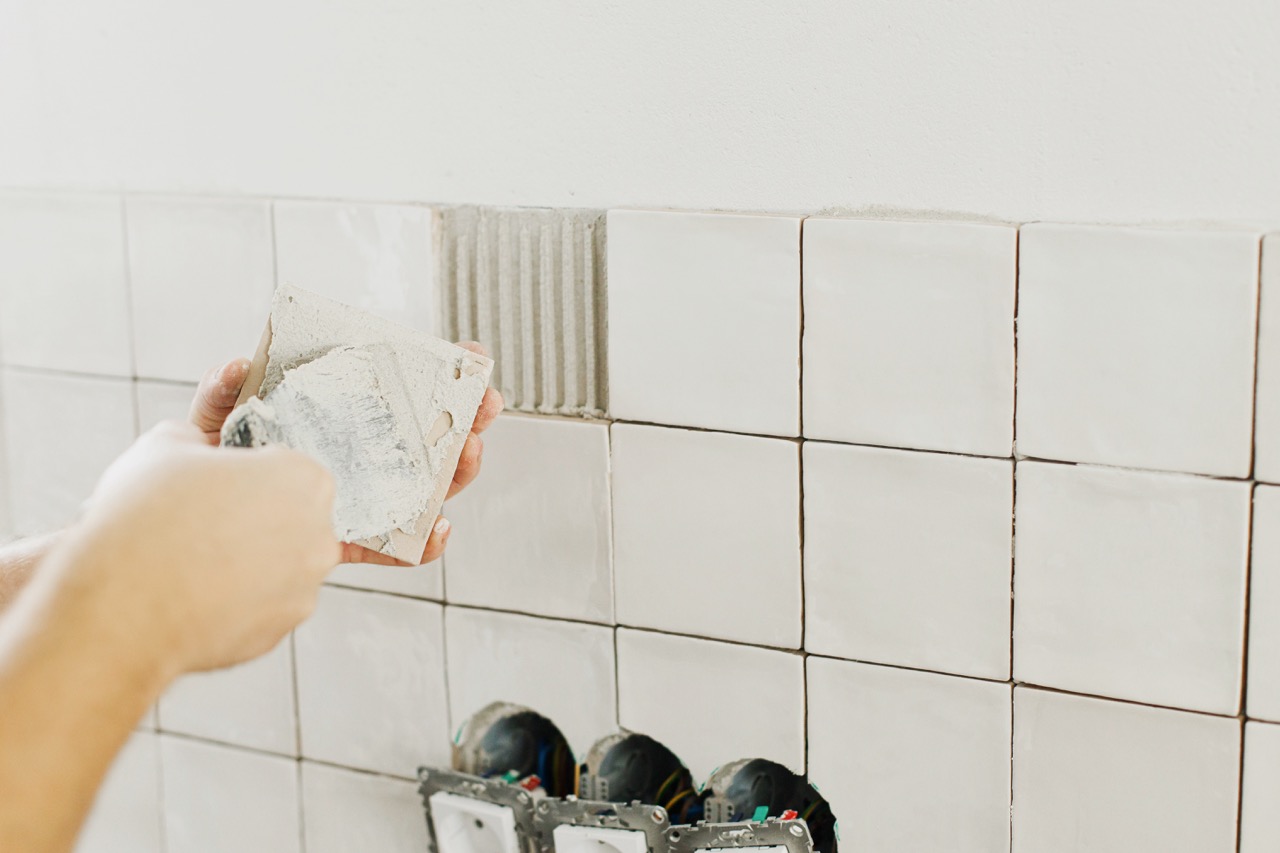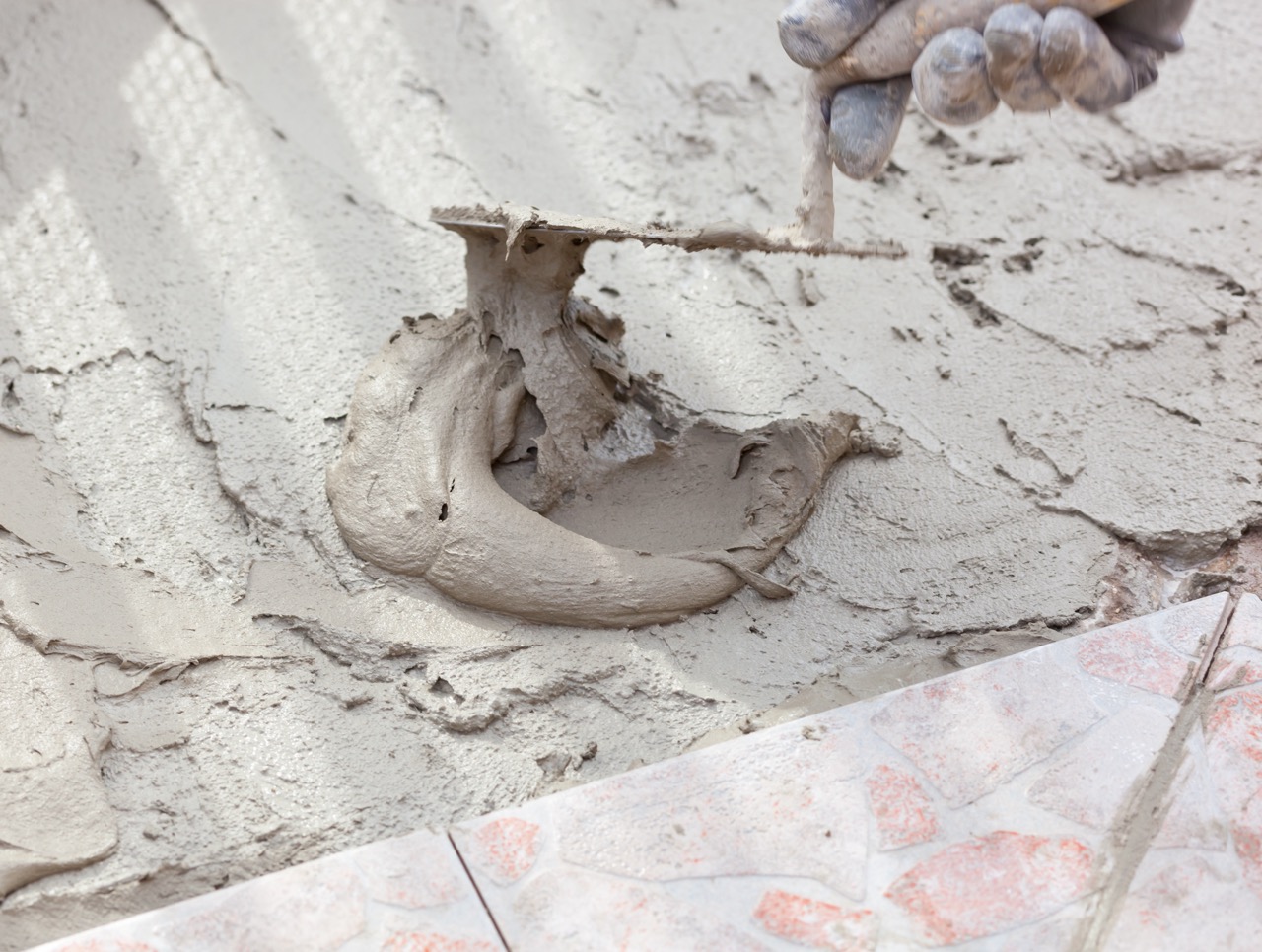Grout pens have gained popularity in home improvement for their ability to refresh the look of tiled surfaces quickly and affordably. In domestic spaces, they provide a convenient facelift to grout that has become discolored or unsightly over time. However, the question remains: are grout pens truly suitable for commercial kitchens, where performance, hygiene, and compliance with regulations are far more demanding? This article examines the role grout pens might play in these settings, with an eye toward durability and hygiene, the two most critical factors in food preparation environments.
Assessing Durability of Grout Pens in Busy Kitchens
Commercial kitchens see far more traffic and cleaning activity than residential spaces. Floors and walls are regularly scrubbed, often with strong cleaning agents that are designed to kill bacteria and cut through grease. In such an environment, grout pens face immense challenges in terms of staying intact. The thin layer of colorant applied by the pen is more cosmetic than structural, and it can wear away quickly under heavy use.
One major limitation is that grout pens don’t reinforce the grout itself. Unlike resealing or re-grouting, they are simply a surface treatment, which means that once the kitchen is subjected to frequent mopping, steam cleaning, and sanitizing, the coloration may fade unevenly. This introduces maintenance issues, as touch-ups would need to be performed far more often than in a home setting. For a commercial setting focused on efficiency, repeated applications can quickly become impractical.
Additionally, durability affects not only aesthetics but also compliance. Flaking or peeling grout paint can undermine the perception of cleanliness, even if the underlying grout is free from bacteria. Property inspectors may question the reliability of a cosmetic solution that does not stand up to rigorous cleaning schedules. In result, while grout pens may be acceptable for temporary fixes, they do not meet the long-term durability required in a professional kitchen environment.
Key Hygiene Considerations for Commercial Use
Beyond durability, hygiene is perhaps the most critical consideration in a food-related space. Commercial kitchens must adhere to strict health codes, and every surface is expected to withstand deep cleaning and remain sanitary. A grout pen, however, creates a surface layer that may not offer protection from moisture penetration or bacterial growth. If grout is already compromised, applying a pen can essentially trap contaminants below the surface rather than resolve the issue.
Moreover, because the markings from grout pens are not antimicrobial, they provide no additional safeguard against bacteria or mold. In fact, any portion of the pen’s coating that chips away could harbor residue. Over time, this may create small vulnerabilities in the tile work that are both difficult to clean and potentially concerning for inspections. It’s clear that while grout pens might mask color inconsistencies briefly, they do not meet the hygiene standards required in professional kitchens where food safety is paramount.
A further concern lies in the exposure to cleaning chemicals. Commercial-grade disinfectants are harsh, and their frequent use will degrade the applied layer from a grout pen much faster than in a home environment. As this layer deteriorates, the grout may appear uneven again, which could prompt additional applications. Instead of improving hygiene, this cycle works against the kitchen staff, distracting from core sanitation practices and ultimately making grout pens unsuitable as a long-term solution for commercial hygiene needs.
While grout pens offer a quick fix for stained grout in residential settings, their limitations become apparent when evaluated against the stringent demands of commercial kitchens. They cannot withstand heavy cleaning cycles, nor do they contribute to the hygiene requirements necessary for a food-safe environment. Instead, kitchen operators are better served by more robust approaches, such as thorough re-grouting, professional sealing, and ongoing maintenance that prioritize both hygiene and durability. In conclusion, grout pens may serve as a temporary cosmetic touch-up, but they fall short as a practical solution in a professional kitchen environment where safety and permanence take precedence.
